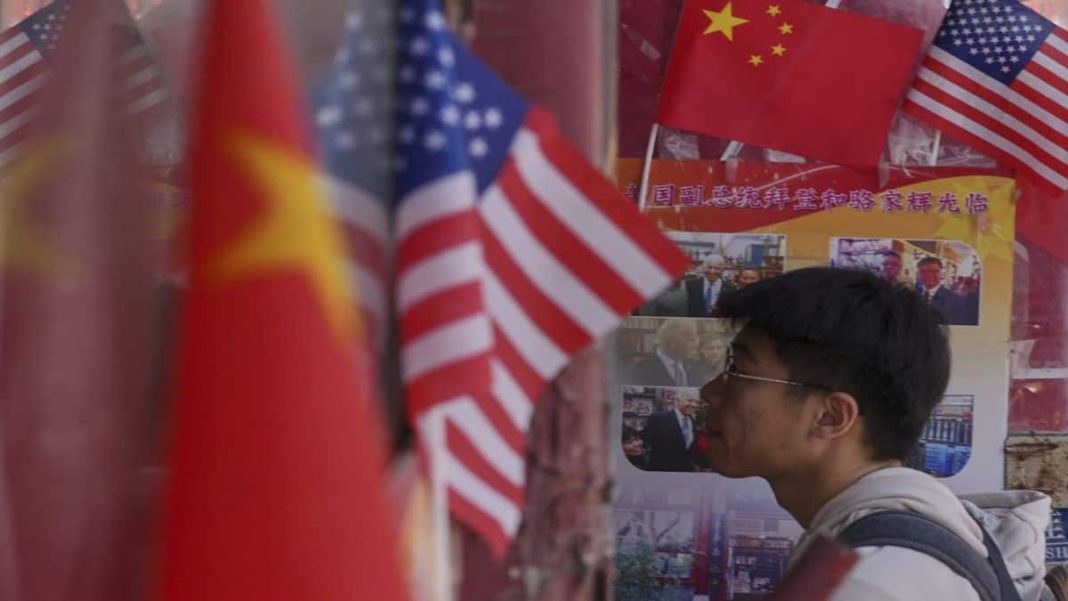Key Takeaways
- China launched antitrust probe into Qualcomm’s Israeli chip acquisition hours before Trump’s 100% tariff announcement
- Beijing imposes special port fees on US vessels in retaliation to new tariffs effective November 1
- Qualcomm faces renewed scrutiny after 2015 $975 million antitrust settlement with China
In a significant escalation of trade tensions, China opened an antitrust investigation into American chip giant Qualcomm just hours before President Donald Trump announced 100% additional tariffs on Chinese goods. The timing suggests coordinated economic pressure as both nations prepare for renewed trade conflict.
Qualcomm Under Antitrust Scrutiny
China’s State Administration for Market Regulation announced on Friday that it is investigating Qualcomm’s acquisition of Israeli chip designer Autotalks. The probe examines whether the American semiconductor company violated antitrust laws by failing to properly declare details of the deal finalized in June.
This investigation forms part of broader tensions between Beijing and Washington, with US chip companies facing increased scrutiny in China. The move comes alongside Chinese restrictions on rare-earth materials and lithium battery exports targeting American interests.
Retaliatory Measures Intensify
Following Trump’s tariff announcement, Beijing revealed plans to impose special port fees on US vessels docking at Chinese ports. This direct retaliation marks another chapter in the ongoing trade dispute between the world’s two largest economies.
Expanding Tech Crackdown
China’s regulatory actions extend beyond Qualcomm. Authorities recently added Canada-based semiconductor research firm TechInsights to its “unreliable entity list” citing its reports on Huawei’s chip development. Last month, China’s antitrust regulator also accused Nvidia of breaching anti-monopoly laws related to a 2020 acquisition.
Strategic Implications of Autotalks Deal
Qualcomm’s acquisition of Autotalks, which makes vehicle-to-everything (V2X) communication chips designed to prevent car crashes, represents significant technological integration into Qualcomm’s Snapdragon car stack. Interestingly, this aligns with China’s own push to standardize V2X communication across pilot regions by 2026.
Stephen Wu, founder of Carthage Capital, suggested to Reuters that China’s probe could signal broader pressure on American chip and automotive supply chains. “China could have imposed a minor penalty for procedural issues, but a higher sanction may indicate a strategic move,” Wu stated.
Qualcomm’s Regulatory History
The San Diego-based company faced similar scrutiny in 2015, paying a $975 million fine to settle a Chinese antitrust case. In 2024, Qualcomm briefly abandoned the Autotalks deal due to regulatory delays before ultimately completing it earlier this year. Both companies have yet to respond to the latest investigation.
Beijing’s recent actions, including export controls and sanctions, threaten to disrupt the fragile trade balance between China and the United States, with semiconductor technology emerging as the central battleground.






